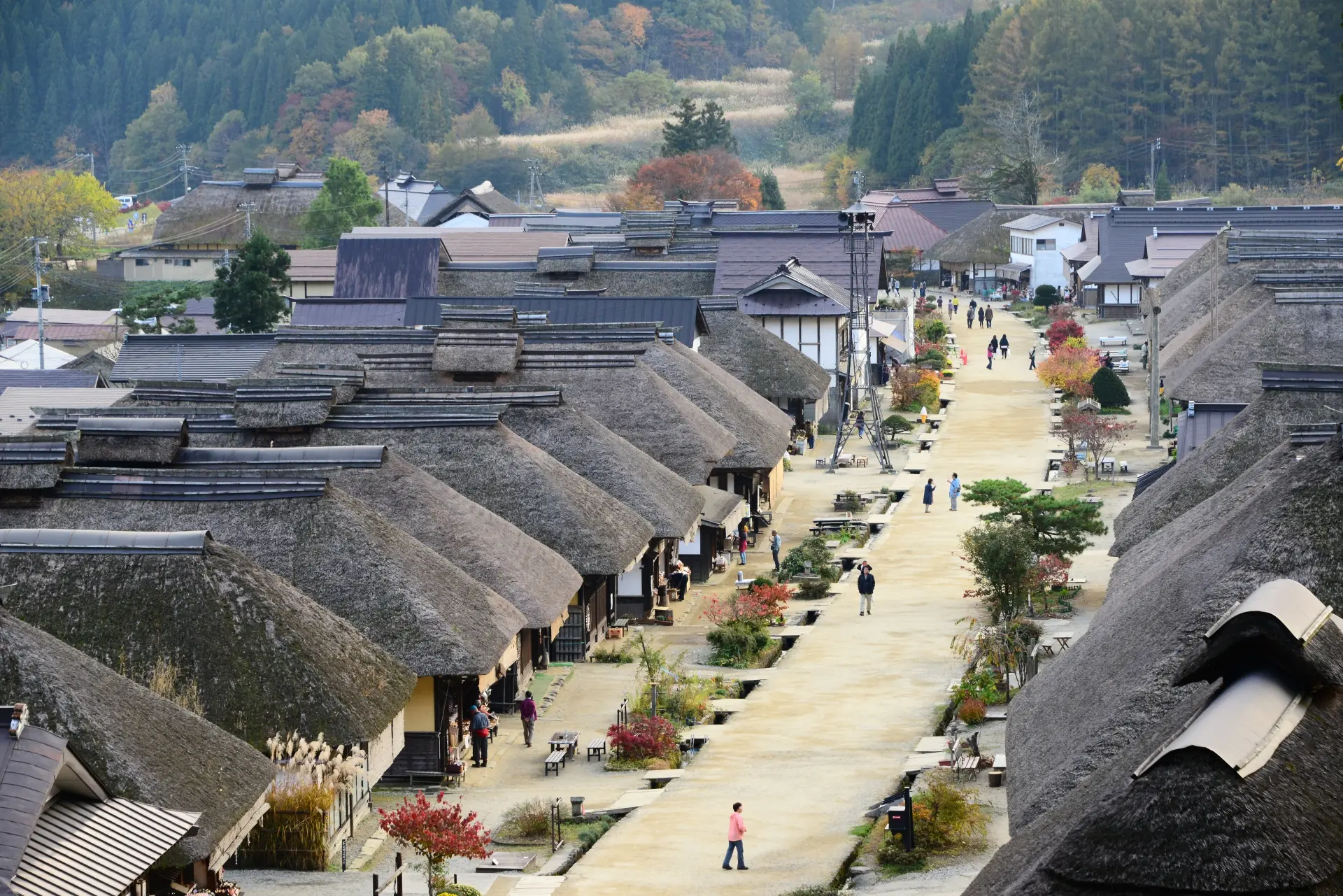+ Explore Other Areas
Tokyo, Osaka, Kyoto, Hokkaido, Fukuoka, Okinawa, Nara, Kanagawa, Aichi, Hiroshima, Yamanashi, Nagano, Oita, Gifu, Ishikawa, Shizuoka, Hyogo, Kumamoto, Miyagi, Wakayama, Nagasaki, Tochigi, Kagawa, Niigata, Kagoshima, Okayama, Chiba, Iwate, Aomori, Shiga, Gunma, Fukushima, Toyama, Ehime, Mie, Ibaraki, Saitama, Yamagata, Saga, Kochi, Tokushima, Miyazaki, Yamaguchi, Akita, Tottori, Fukui, Shimane
Fukushima, the third-largest prefecture in Japan, is a diverse destination offering stunning natural landscapes, historic landmarks, and a rich cultural heritage. Known for its scenic beauty, the region features the picturesque Goshikinuma Ponds, the historic Ouchi-juku post town, and Mount Bandai, often called the “Mount Fuji of Aizu.”
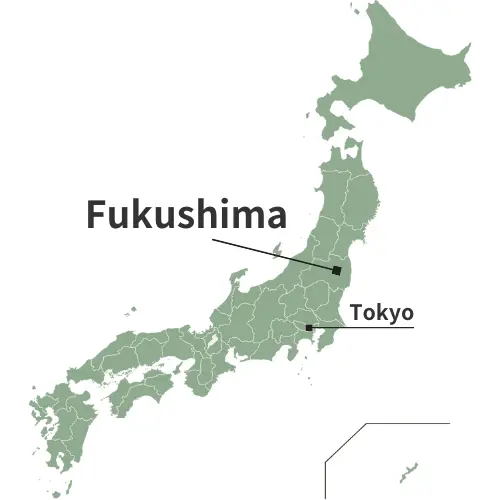
Despite its challenges, Fukushima has flourished as a symbol of resilience and renewal, offering visitors a chance to experience its warm hospitality and unique traditions. From the lush vineyards of the Fukushima Fruit Line to the healing waters of its onsen towns, Fukushima has something for everyone.
Food lovers can savor local delicacies like Kitakata ramen and fresh peaches, while history enthusiasts can explore the iconic Tsuruga Castle and samurai culture. Whether you seek outdoor adventures or cultural experiences, Fukushima promises a journey to remember.
Top Areas to Explore in Fukushima
1. Aizu-Wakamatsu
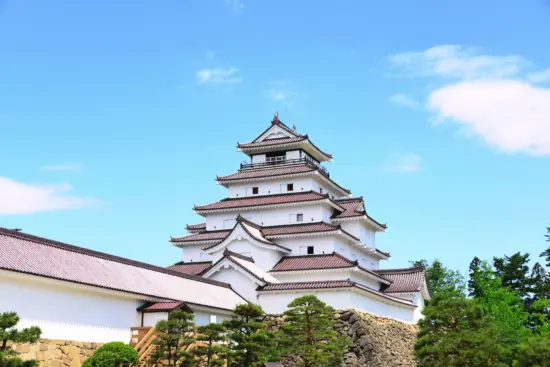
- Why Visit: Known as the “Samurai City,” Aizu-Wakamatsu is rich in history and culture.
- Highlights:
- Tsuruga Castle: A reconstructed castle offering panoramic views and a museum on samurai culture.
- Iimoriyama: A historic site honoring the Byakkotai samurai youth.
- Suehiro Sake Brewery: Tour one of Japan’s oldest sake breweries and enjoy tastings.
2. Goshikinuma Ponds
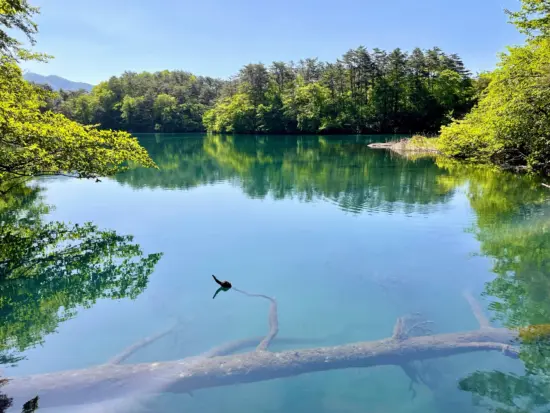
- Why Visit: A collection of vibrant volcanic lakes with unique colors.
- Highlights:
- Hiking Trails: Scenic paths that connect the ponds, ideal for nature enthusiasts.
- Rowboat Rides: Enjoy close-up views of the colorful waters.
- Seasonal Beauty: Stunning views in every season, especially during autumn foliage.
3. Ouchi-juku
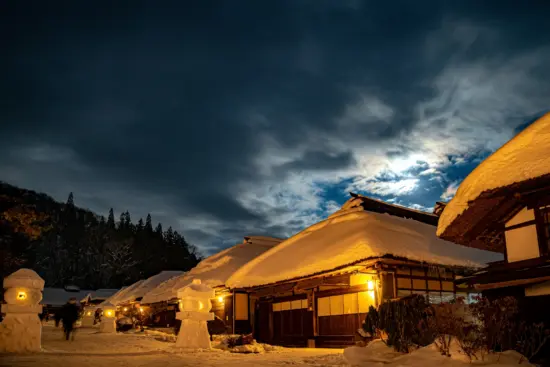
- Why Visit: A well-preserved Edo-period post town with thatched-roof houses.
- Highlights:
- Traditional Architecture: Explore streets lined with historic buildings.
- Soba Noodles: Try hand-cut soba served on a bamboo platter.
- Panoramic Views: Climb the hill for a stunning view of the town.
4. Mount Bandai
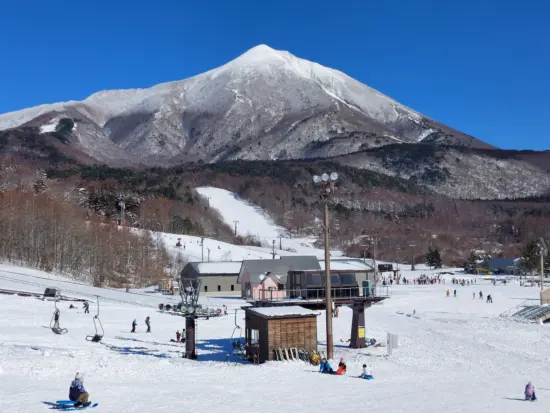
- Why Visit: A majestic volcanic mountain offering outdoor adventures.
- Highlights:
- Hiking Trails: Explore scenic routes with breathtaking views of the surrounding lakes.
- Winter Sports: Enjoy skiing and snowboarding during the snowy season.
- Urabandai Area: Discover serene lakes and nature photography spots.
5. Iizaka Onsen
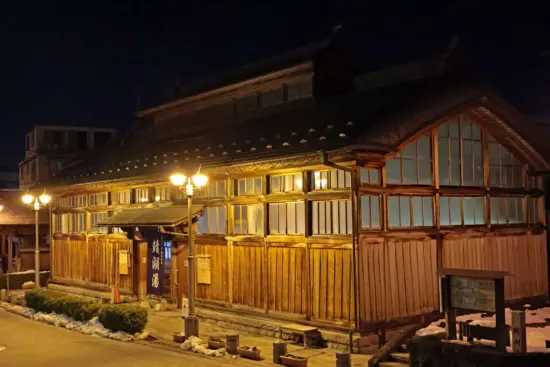
- Why Visit: A historic hot spring town known for its healing waters.
- Highlights:
- Public Baths: Experience traditional Japanese baths at affordable prices.
- Ryokan Stays: Relax in charming inns offering local hospitality and cuisine.
- Kyu Horikiri-tei: Visit a preserved samurai residence in the town.
Experience Fukushima Cuisine
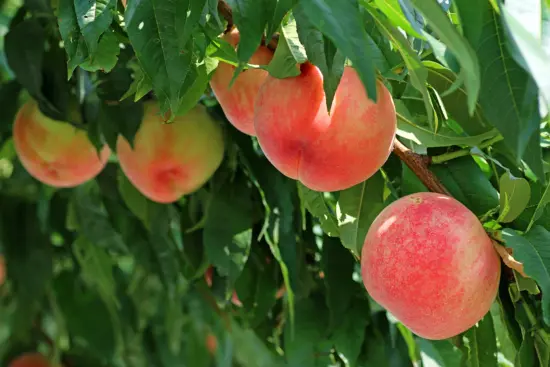
Fukushima is a paradise for food lovers. Savor Kitakata ramen, known for its soy-based broth and thick, curly noodles. Try Fukushima peaches, among the juiciest and sweetest in Japan, or enjoy freshly harvested fruits along the Fukushima Fruit Line. Traditional dishes like wappa-meshi (steamed rice with toppings in a wooden box) showcase the prefecture’s culinary heritage.
For drinks, Fukushima’s sake is highly acclaimed, with many breweries offering tastings of their award-winning varieties.
Fukushima: Basic Information
Location
Fukushima is located in the southern part of the Tohoku region, offering a mix of coastal, mountainous, and urban landscapes.
Neighboring Areas
Miyagi, Yamagata, Niigata, Tochigi, Gunma, Ibaraki
Best Seasons to Visit
- Spring (April to May): Cherry blossoms at Hanamiyama Park and along the Kitakata River.
- Autumn (October to November): Vibrant foliage at Goshikinuma and Mount Bandai.
- Winter (December to February): Skiing at Mount Bandai and relaxing in hot springs.
How to Get to Fukushima
By Air
Fukushima Airport connects to major cities like Osaka and Sapporo, with buses providing access to major towns.
By Shinkansen (Bullet Train)
The Tohoku Shinkansen connects Tokyo to Fukushima Station in about 90 minutes. From there, local trains and buses link to key destinations.
By Highway Bus
Highway buses operate between Fukushima and cities like Tokyo, Sendai, and Niigata, offering convenient and budget-friendly travel options.
Transportation in Fukushima
Fukushima’s transportation options make exploring easy:
- Trains: JR lines and local trains connect major towns and attractions.
- Buses: Local and sightseeing buses are available for popular destinations like Ouchi-juku and Mount Bandai.
- Car Rental: Ideal for exploring rural areas and off-the-beaten-path locations.
- Taxis: Convenient for short trips within urban areas.

